News
-
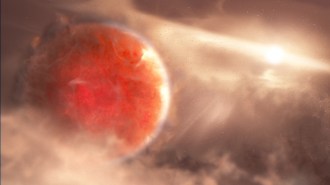 Astronomy
AstronomyA newly discovered planet renews debate about how some giant worlds form
An implosion of gas may have given birth to this young exoplanet, which orbits too far from its star to have been built up bit by bit, researchers say.
-
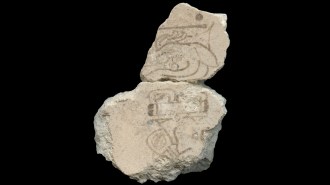 Archaeology
ArchaeologyThis hieroglyph is the oldest known record of the Maya calendar
Plaster fragments with the markings date to at least 200 B.C. and indicate that the calendar system, still used today, might be centuries older.
By Anna Gibbs -
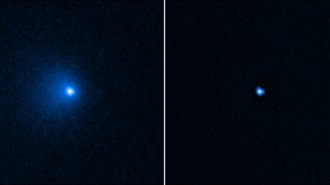 Planetary Science
Planetary ScienceThis is the biggest known comet in our solar system
The nucleus of comet Bernardinelli-Bernstein is about 120 kilometers across — about twice the width of Rhode Island — and is darker than coal.
By Sid Perkins -
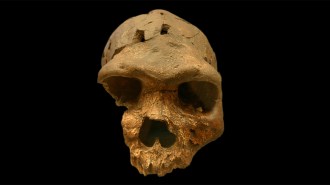 Anthropology
AnthropologyHow ancient, recurring climate changes may have shaped human evolution
Climate changes drove where Homo species lived over the last 2 million years, with a disputed ancestor giving rise to H. sapiens, a new study claims.
By Bruce Bower -
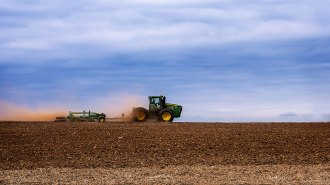 Agriculture
AgricultureMore than 57 billion tons of soil have eroded in the U.S. Midwest
Researchers discovered startling soil erosion rates in the Midwest. Farming has worsened erosion, but no-till practices and cover crops can help.
-
 Science & Society
Science & SocietyUkrainian identity solidified for 30 years. Putin ignored the science
Social scientists have mapped Ukrainian allegiances shifting from Russia toward Ukraine since the country’s independence from the Soviet Union in 1991.
By Sujata Gupta -
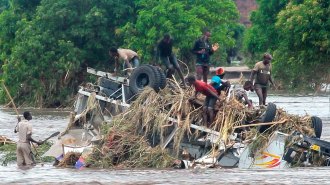 Climate
ClimateClimate change intensified deadly storms in Africa in early 2022
Tropical storms battered southeast Africa in quick succession from January through March, leading to hundreds of deaths and widespread damage.
-
 Planetary Science
Planetary ScienceNew thermal maps of Neptune reveal surprising temperature swings
Neptune's atmospheric temperatures show a global drop and later, a weird isolated spike at the south pole. Scientists don't yet know why.
By Liz Kruesi -
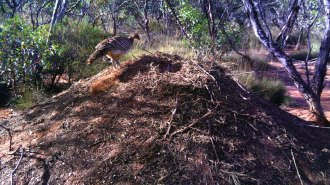 Life
LifeHow a mound-building bird shapes its Australian ecosystem
In Australia’s mallee woodlands, malleefowl dutifully construct mounds to incubate their eggs, redistributing nutrients across the landscape.
By Jake Buehler -
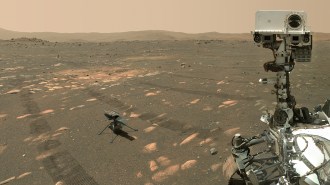 Planetary Science
Planetary ScienceMars has two speeds of sound
High-pitched clacks from a laser on NASA’s Perseverance rover zapping rocks traveled faster than the lower-pitched hum of the Ingenuity helicopter’s blades.
By Liz Kruesi -
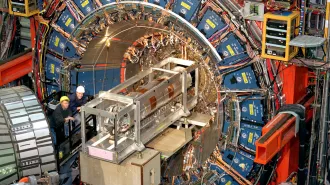 Particle Physics
Particle PhysicsThe W boson might be extra hefty. If so, it could hint at new physics
A new measurement of the W boson’s mass, made by smashing particles together, reveals a potential crack in physics’ standard model.
-
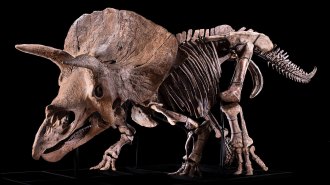 Paleontology
PaleontologyA hole in a Triceratops named Big John probably came from combat
The nature of the wound and signs of healing suggest that the dinosaur's bony frill was impaled by a Triceratops rival.
By Anna Gibbs